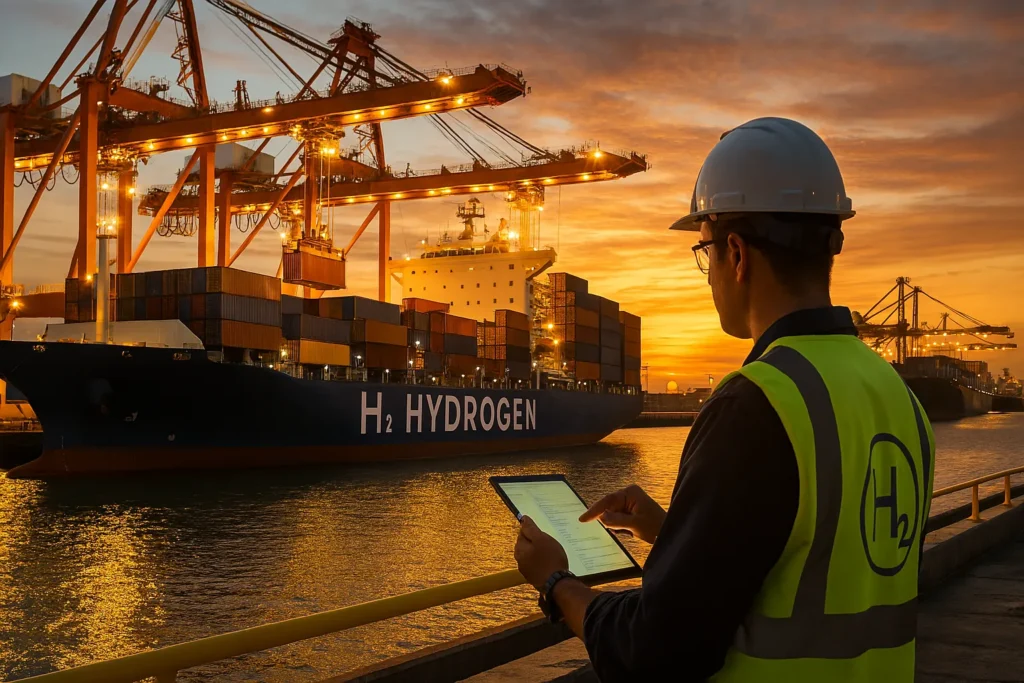
Maritime terminals: management and technology for clean fuels
The transition to clean fuels at maritime terminals depends on both technology and human management.

The transition to clean fuels at maritime terminals depends on both technology and human management.
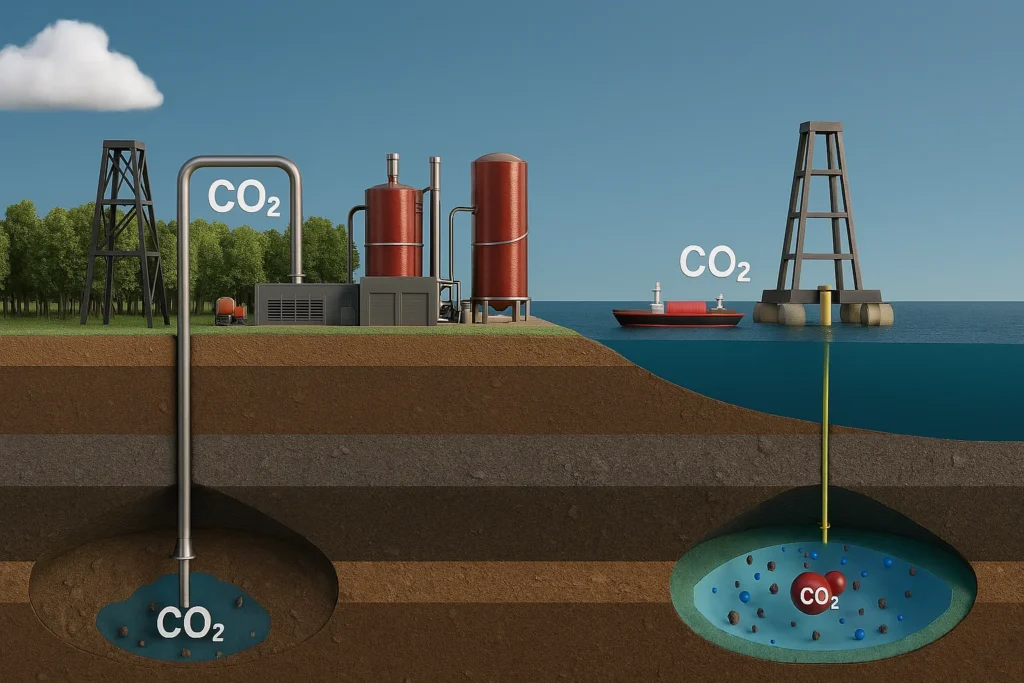
Geological storage of CO₂ offers great potential in the fight against climate change, provided that the integrity of wells used for injection and confinement is guaranteed.
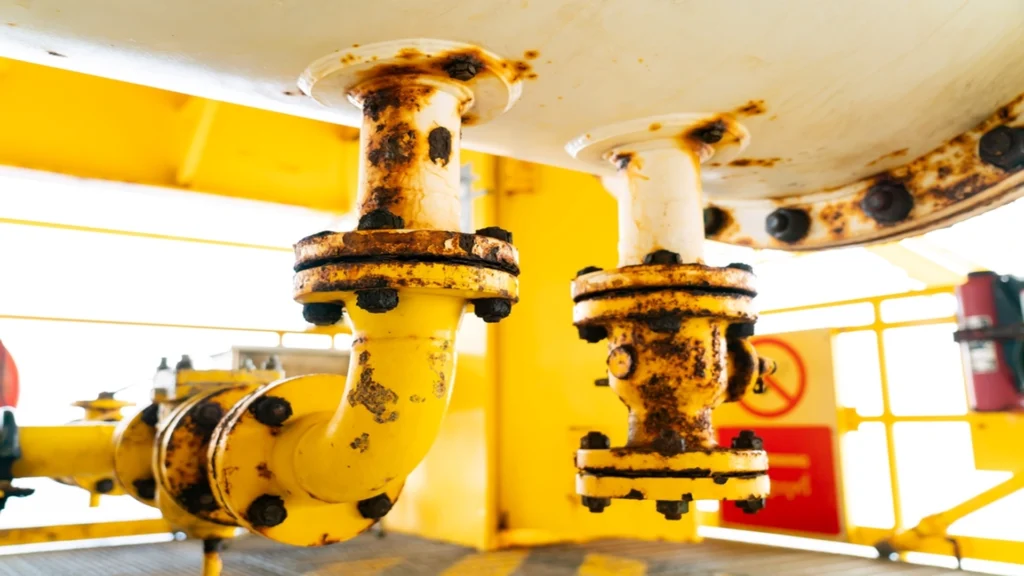
Atmospheric corrosion in oil pipelines, gas pipelines, tanks, and offshore platforms is a persistent problem that causes considerable economic losses and operational risks in the energy sector.
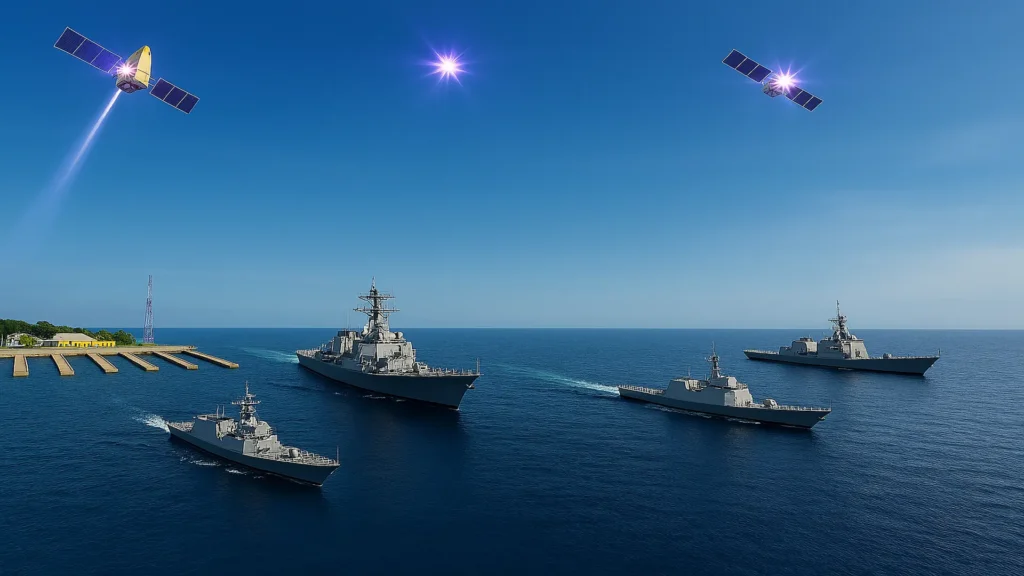
Innovation in marine surveillance: how satellite technologies in the maritime industry and AI enable accurate and rapid detection of oil spills on the high seas.
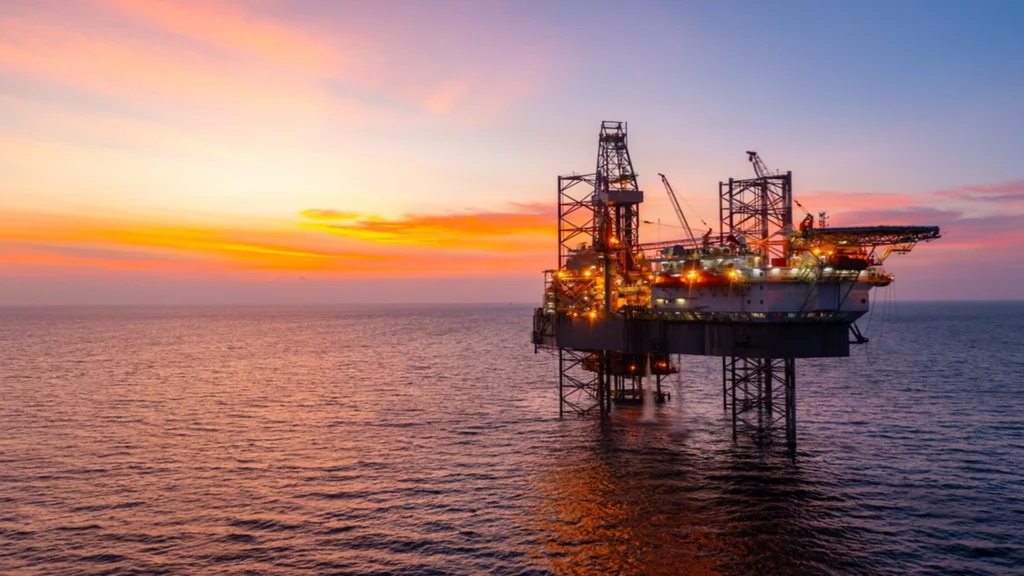
Offshore platforms are structures that, through advanced engineering, enable hydrocarbons to be extracted under certain conditions and sustain the energy supply that fuels the global economy.
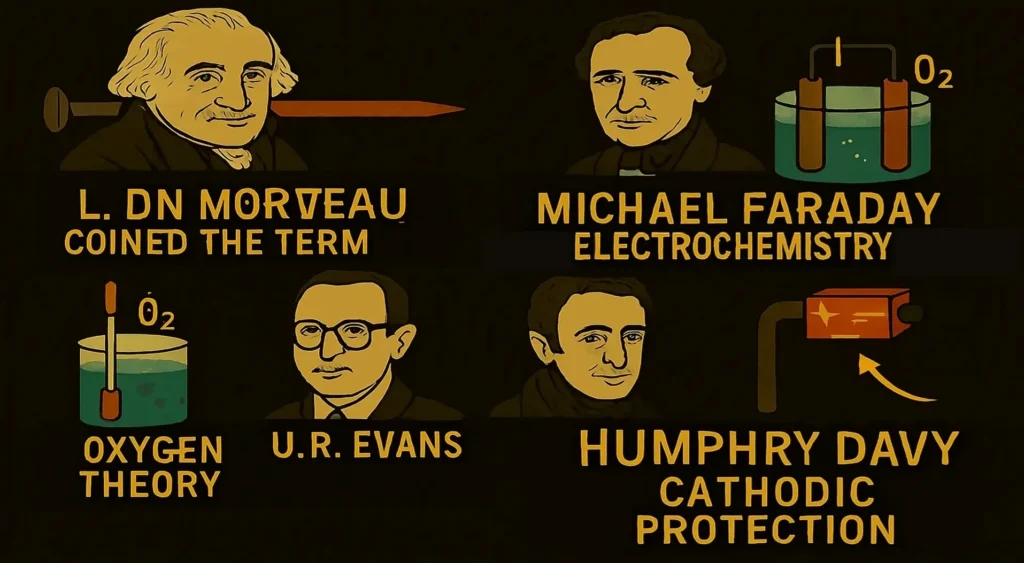
Metal corrosion has been studied since the earliest empirical observations up to modern electrochemical theories.
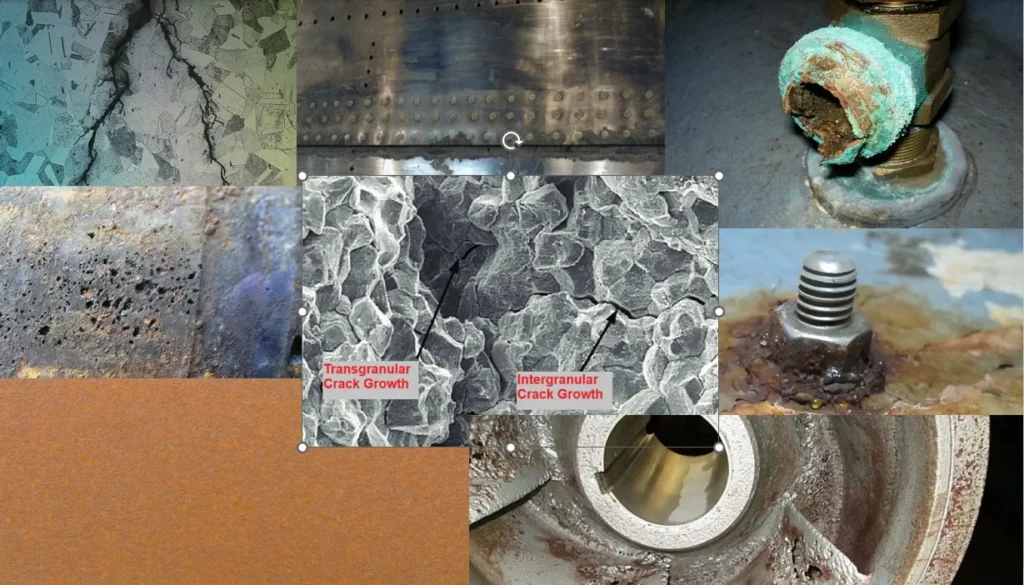
Understanding the types of corrosion is key to industrial asset management, as it helps prevent critical failures, optimize maintenance and reduce operating costs.
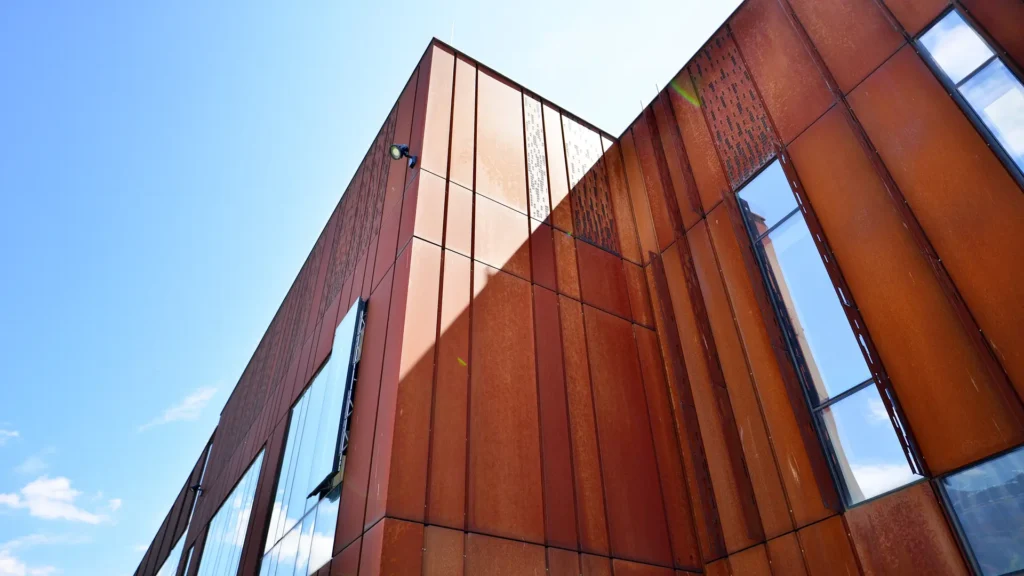
Corten steel combines alloy elements that form a passive protective layer, ensuring resistance to atmospheric corrosion in exposed applications.
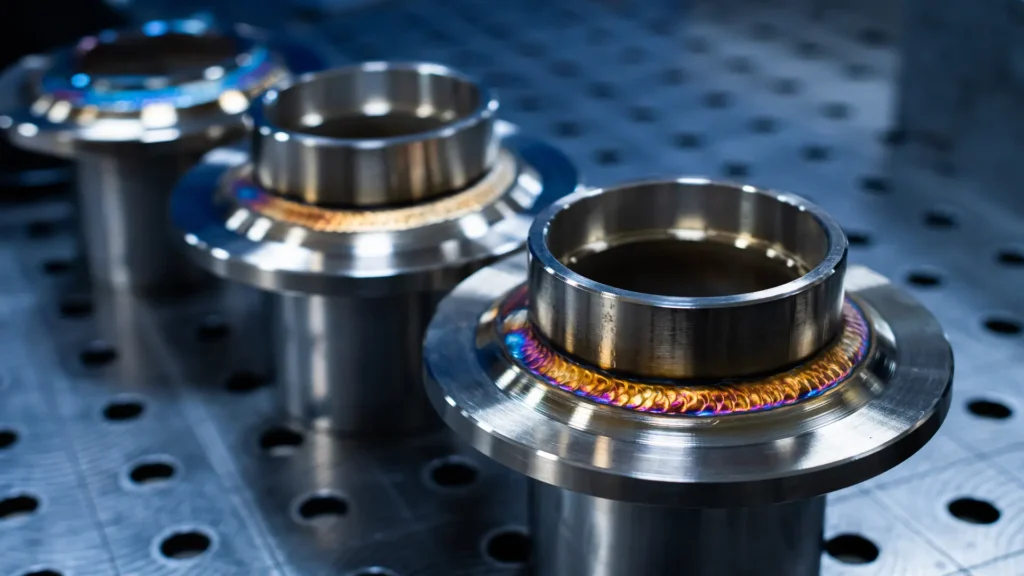
This topic discusses the vulnerability of welded 316 stainless steel joints to Stress Corrosion, analyzing how microstructural heterogeneity, residual stresses, and thermal sensitization affect strength.